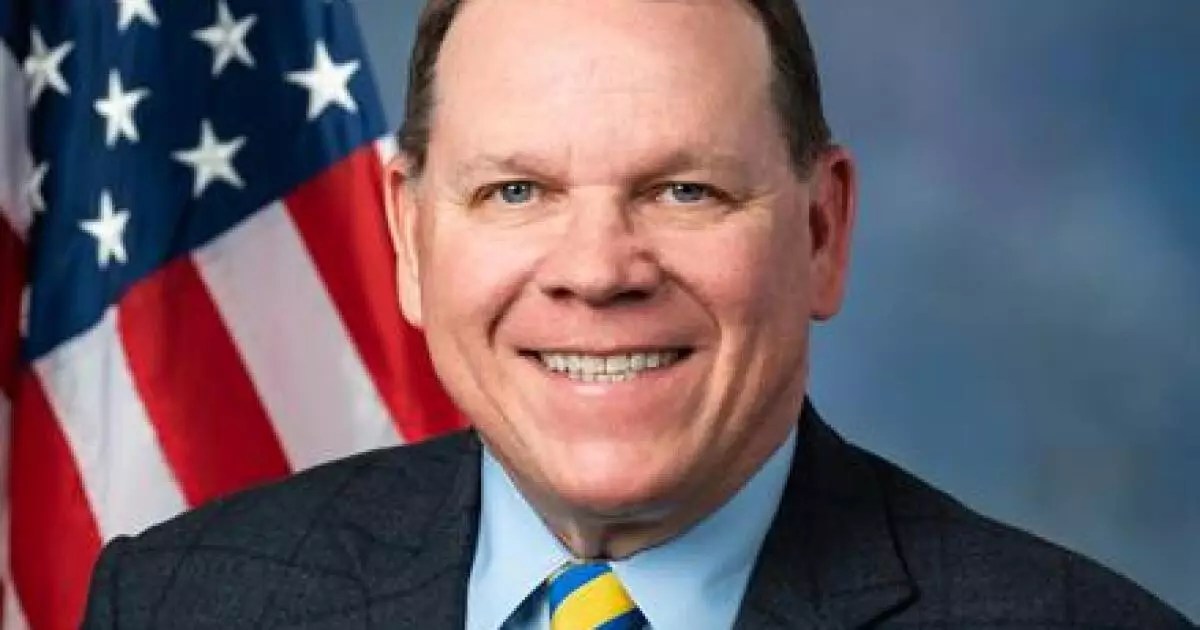The House Committee on Transportation and Infrastructure, chaired by Rep. Sam Graves, has raised concerns about the sluggish pace at which the Department of Transportation is distributing funds allocated under the Infrastructure Investment and Jobs Act (IIJA). Despite receiving over $364 billion since the enactment of IIJA, the DOT has only obligated a little over half of the funds and disbursed a mere 27% of the available amount. This has prompted the committee to seek answers from the DOT regarding the delays in spending the allocated funds.
During a committee hearing, DOT Secretary Pete Buttigieg provided his perspective on the spending figures, which differed from Rep. Graves’ assessment. Buttigieg pointed out that the department is approximately halfway through the five-year authorization period and has disbursed nearly half of the available funding. However, he acknowledged that the process for accessing these funds could be simplified to expedite the disbursement process. Buttigieg highlighted ongoing efforts to provide technical assistance to grant sponsors, particularly in rural and tribal communities, to streamline the funding process.
One of the challenges discussed during the hearing was the interaction between the Highway Trust Fund and the rise of electric vehicles that do not contribute revenue through the federal gasoline tax. To address this issue, many states have taken measures to adjust their gas tax rates to offset the revenue loss. However, there remains a lack of a federal-level solution to address this disparity. Buttigieg emphasized the need for congressional action to determine the future funding mechanism for the country’s roads, particularly in light of the upcoming 2026 reauthorization vote.
Proposed Solutions
Rep. Chris Pappas introduced the idea of establishing a toll credit exchange market to facilitate the transfer of toll road revenue across state lines. This concept, included in the IIJA legislation, aims to enable states to sell excess toll credits to meet the matching requirements for federally funded projects. While acknowledging the potential benefits of such a program, Buttigieg assured lawmakers that the Federal Highway Administration is actively working to implement this exchange mechanism to improve resource utilization and project funding efficiency.
In a separate development, the Department of Transportation announced $1.8 billion in grants for 148 projects nationwide under the Rebuilding American Infrastructure with Sustainability and Equity program. These awards reflect the department’s commitment to supporting infrastructure development across the country. Buttigieg emphasized that these projects were derived from proposals submitted by various stakeholders and not generated internally at the DOT headquarters in Washington, D.C. This underscores the collaborative nature of infrastructure investment decision-making.
The concerns raised by the House Committee on Transportation and Infrastructure highlight the importance of expediting infrastructure spending to address critical transportation needs and spur economic growth. While progress has been made in disbursing funds, there is a collective recognition of the need for streamlining processes, addressing funding disparities, and exploring innovative solutions to optimize resource allocation. By fostering cooperation between federal, state, and local stakeholders, the DOT can enhance the efficiency and effectiveness of infrastructure investments to benefit communities across the nation.


Leave a Reply